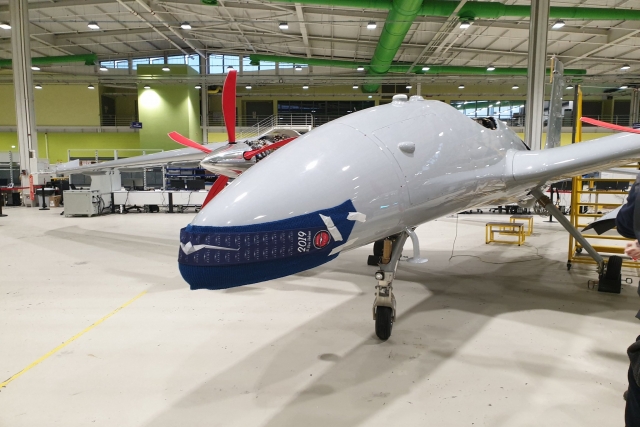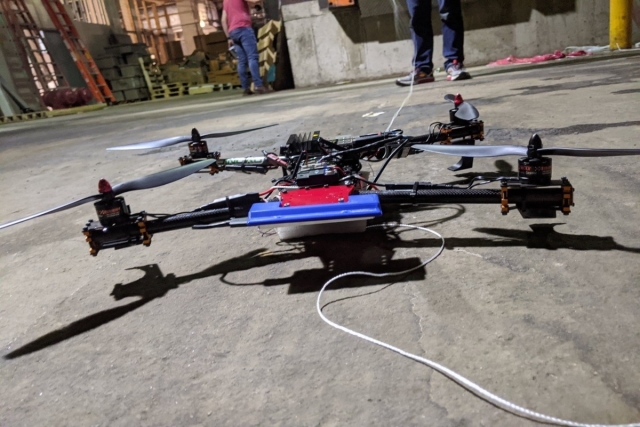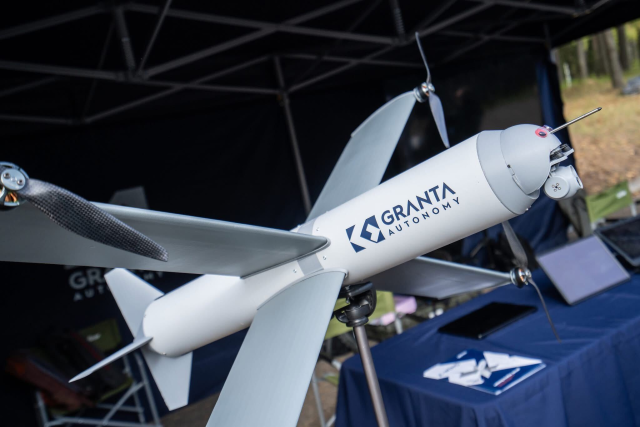Naval Group Launches Research Lab to Advance Humans’ Interaction with Autonomous Systems

A new International Research Laboratory (IRL) being launched by Naval Group on Monday will focus on humans-autonomous agents teaming: an area of research at the interface of artificial intelligence, computer science, engineering, technology, human factors and psychology.
The French Australian Laboratory for Humans-Autonomous Agents Teaming, shortened to CROSSING, is a collaboration between the French National Centre for Scientific Research (CNRS), the University of Adelaide, Flinders University, the University of South Australia, French technological university IMT Atlantique, and Naval Group, the only industrial partner.
An IRL is a flagship international collaboration mechanism used by CNRS, France’s leading scientific research centre. The new IRL is called CROSSING because it represents the crossover of ideas that is at the heart of this important collaboration.
“The CROSSING Lab will bring together leading French and Australian scientists from artificial intelligence, machine learning, computer science, engineering, psychology and human factors. They will work together to tackle important challenges in finding new ways for systems and humans to work together,” says Professor Jean-Philippe Diguet, Director of the lab. “The outcomes could provide significant advances in the way operators use control systems on ships, maintenance platforms in industry or services to assist within the home, and the way these systems are developed to assist and improve human performance to make work safer and more efficient.”
The CROSSING Lab will join a network of more than 70 IRLs, but will become one of only five international research laboratories with industry partners in the world. It will join the ranks of other labs in global innovation hubs, including Singapore, China, Japan and the United States of America. Based in Adelaide, the CROSSING Lab will be a unique multidisciplinary facility in Australia that provides an opportunity for South Australia to be at the forefront of research into frontier technologies highly relevant to future industries.
“At the CROSSING lab we will develop new ways for humans to work with robots and autonomous systems,” says Professor Anna Ma-Wyatt, from the University of Adelaide’s School of Psychology, who is Co-Director of the new lab. “Human operators will cooperate with high-level automata, robots or adaptive information systems able to produce knowledge and to explore the physical or informational environment on their own.”
Each partner brings complementary expertise to the research partnership. The University of Adelaide’s Australian Institute of Machine Learning (AIML) brings expertise in artificial intelligence and machine learning. In the field of interactive and virtual environments and human performance, the University of South Australia has expertise in sleep and fatigue analysis and the University of Adelaide in active vision. IMT Atlantique has expertise and facilities in virtual and augmented reality and embedded and human-centric AI, and Flinders University in autonomous systems, human factors and industry 4.0 advanced manufacturing. Industrial partner, Naval Group, will share its expertise from areas including embedded intelligence, optimised architectures, unmanned vehicles, industry of the future and human performance measurement.
The new lab will also directly contribute to growing South Australian hi-tech industries such as space, oil and gas, manufacturing and mining, defence and space industries by undertaking research in the emerging field of human-machine interaction, developing new ways of efficient, ethical and human-centred collaboration with autonomous systems; upskilling and educating personnel within industry and academia, building both capability and capacity through co- design and co-investment; enhancing international collaboration between South Australia and France to attract and retain top scientific talent from industry and academia; and establishing translation pathways to allow research to move from the laboratory into industry and operational use.













